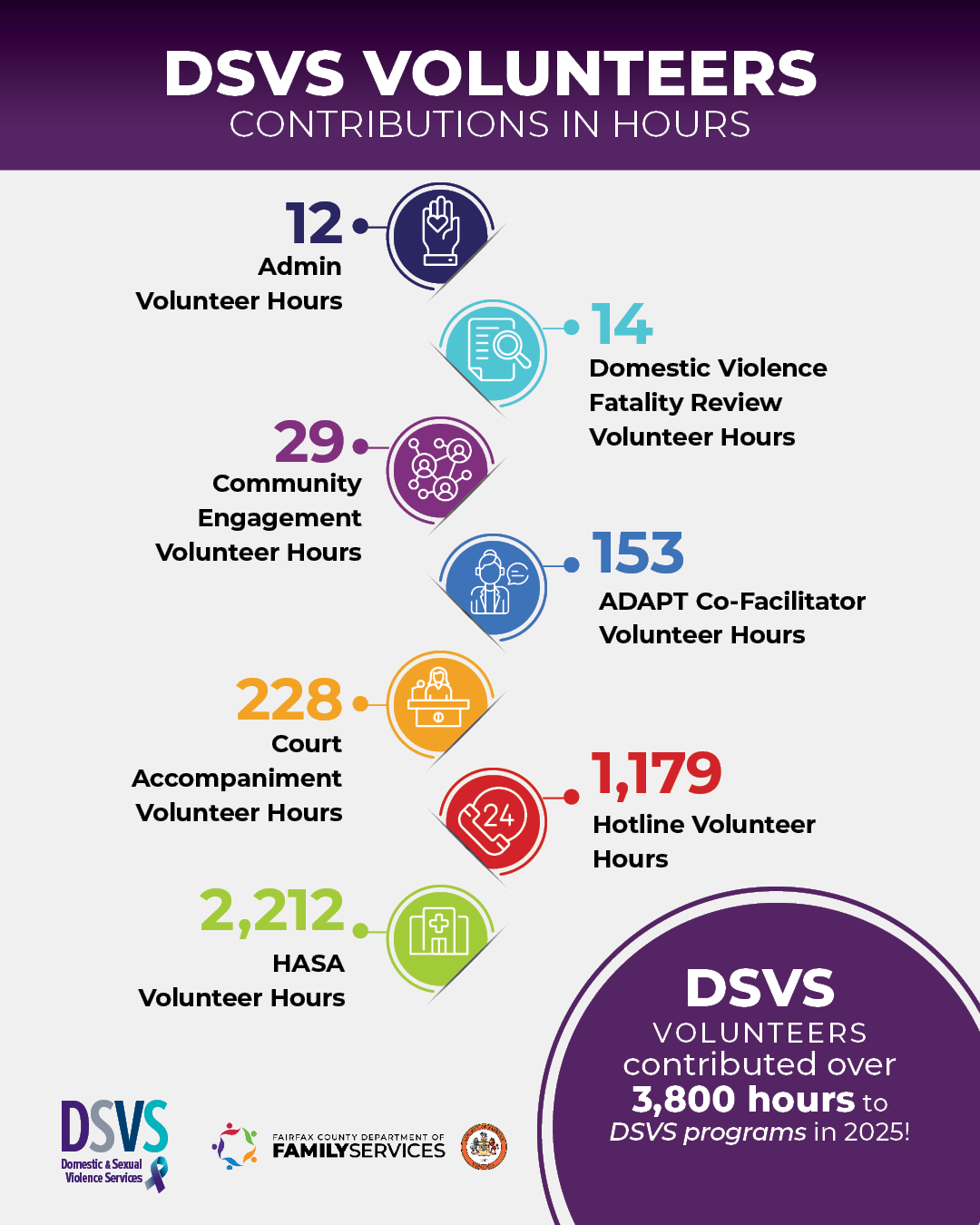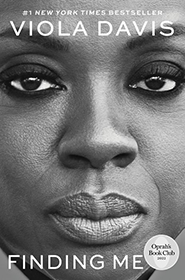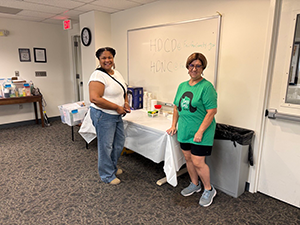
Welcome to the 2026 February issue of Volunteer Voices, a monthly newsletter for current and potential Domestic and Sexual Violence Services (DSVS) volunteers.
In this Issue:
| Table of Contents | |
|---|---|
|
|

Happy New Year, DSVS Volunteers! I hope your January was a wonderful start to 2026. We accomplished so much together last year. The impact our volunteers make cannot be measured. The skills you bring, the trust you build with the community, and the knowledge you share cannot be shown in data points. However, I do want to share some amazing statistics from 2025; this is just a sliver of the work our volunteers have done! DSVS Volunteers contributed more than 3,800 hours to the division’s programs in 2025!
- HASA Volunteers: 2212 hours
- ADAPT Co-Facilitator Volunteers: 153 hours
- Hotline Volunteers: 1179 hours
- Community Engagement Volunteers: 29 hours
- Domestic Violence Fatality Review Volunteers: 14 hours
- Admin Volunteers: 12 hours
- Court Accompaniment Volunteers: 228 hours
Thank you to each and every volunteer, donor, and community member who supported the mission of DSVS last year. I am so excited to see what we accomplish together in 2026!
Caroline
Volunteer Manager

Did you know cooking can be an inexpensive form of self-care? Taking care of ourselves with kindness and gratitude is crucial to our well-being, but self-care doesn’t have to mean digging deep into your pockets. Learn more about inexpensive or free options you can try.
 Dating violence is a pattern of harmful behaviors that can be used to exert power and control over a dating partner. This can happen in different ways, including physical violence, emotional and verbal violence, sexual violence, financial control and digital violence. Many teens experience some form of intimate partner violence even before graduating from high school.
Dating violence is a pattern of harmful behaviors that can be used to exert power and control over a dating partner. This can happen in different ways, including physical violence, emotional and verbal violence, sexual violence, financial control and digital violence. Many teens experience some form of intimate partner violence even before graduating from high school.
The purpose of Teen Dating Violence Awareness Month is to raise public awareness about the impact of dating violence on youth, educate young people about healthy relationships, and encourage the community to get involved to disrupt cycles of violence among teens.
Learn more about teen dating violence. Stay on top of teen dating violence awareness events happening in Fairfax County this year. For social media posts, go to the Teen Dating Violence Awareness Month Community Engagement Toolkit.

All relationships need healthy boundaries--appropriate behavior that keeps everybody in the relationship safe. This is especially true in intimate partnerships. And, in an age where our lives are increasingly lived online, it is crucial that we set digital boundaries, as well. What do healthy digital boundaries look like? Find out.

February is Teen Dating Violence Awareness month. We do a lot of preventive work to stop teen dating violence in our community, including running trainings and events for teens and parents. Watch a few TED Talks about how we learn about healthy relationships, and how experiences when we are young can shape our future: Preventing Teen Dating Violence from the Inside Out, The Difference Between Health and Unhealthy Love, and Breaking the Chain of Unhealthy Relationships.

“The work of volunteers impacts on all our lives, even if we are not aware of it.” – Antony Worrall Thompson

Domestic and Sexual Violence Services’ podcast, Unscripted: Conversations about Sexual and Domestic Violence, is real talk on tough topics! Stay in the know with these biweekly discussions. This month we’re focusing on wo episodes: Unscripted: Conversations about Sexual and Domestic Violence--Violence and Child Development and Unscripted: Conversations about Sexual and Domestic Violence--Preparing Parents for Tough Conversations. If you have ideas for topics you’d like to hear addressed on Unscripted, email them to DSVS’ communications specialist Kendra Lee.
“My ‘typical day’ is spent connecting service providers and experts to survivors and community members in need of resources or education,” says Victoria “Tori” Nevel-Babla, human trafficking and sexual violence coordinator, who hit the ground running with Domestic and Sexual Violence Services 15 months ago. The fast pace hasn’t let up yet.
“In the mornings and afternoons, you will often see me discussing our goals with our Human Trafficking Group or SART (Sexual Assault Response Team), made up of direct services providers, lawyers, and law enforcement. We are in constant communication to make referrals and improve services for survivors, while also partnering on our Annual Human Trafficking Awareness Month Training and hosting Sexual Violence Tier One three times per year to build capacity for allied professionals, staff, volunteers, and community members.”
Tori’s day doesn’t end Monday through Friday at 4:30 p.m. “In the evenings and on weekends, you will often see me answering my phone during on-call shifts to support survivors or packing up my resource bin to raise awareness in the larger community, like, educating students at George Mason University or training soldiers and civilians to support survivors of violence at Fort Belvoir.”








